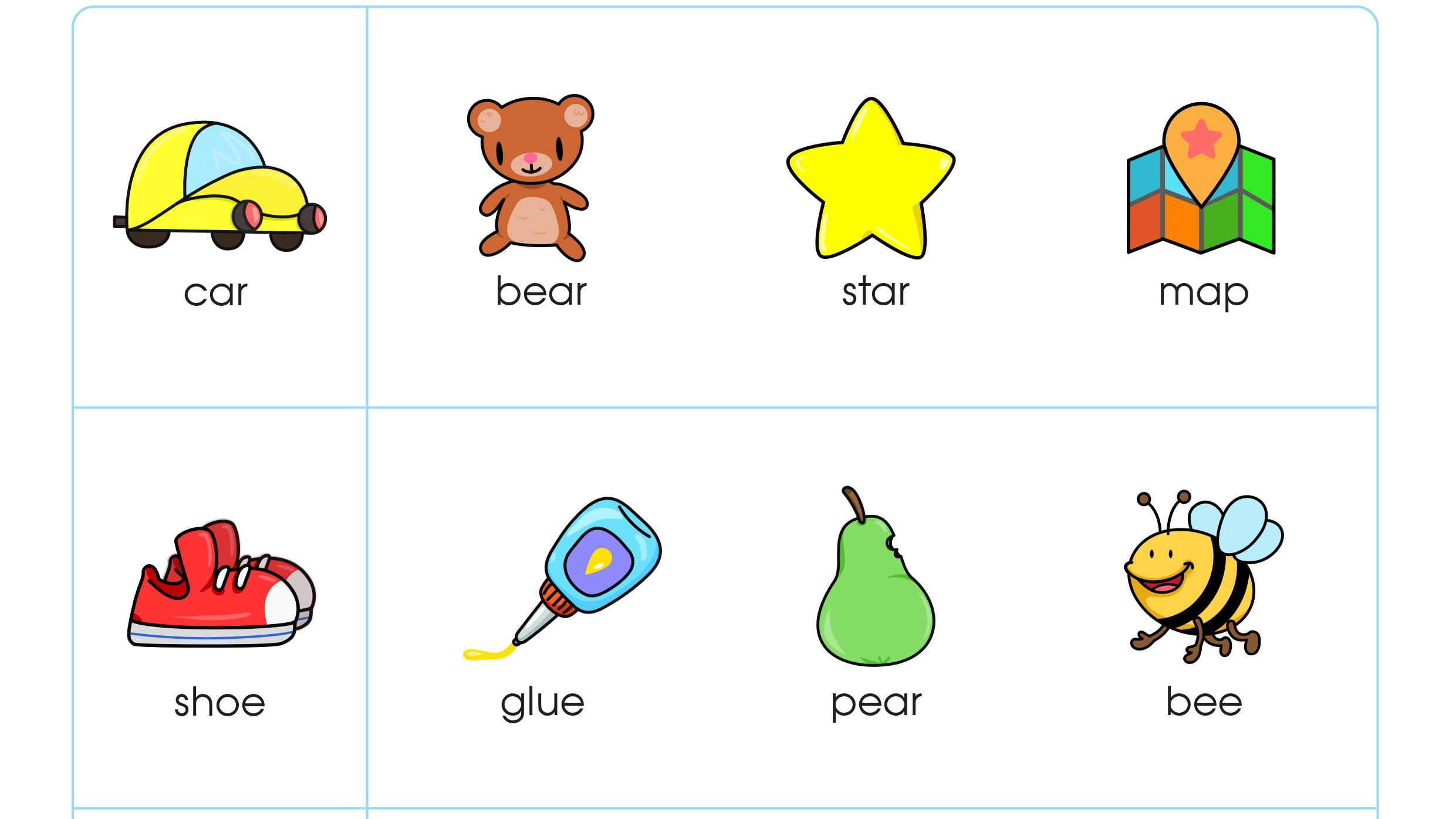Rhyming skills development Normal Rhyming Words Worksheets for 3-Year-Olds
3 filtered results
-
From - To
Enhance your child's language and literacy skills with our engaging Rhyming Words Worksheets designed specifically for 3-year-olds. These interactive resources promote early rhyming skills, helping young learners recognize sound patterns and develop phonemic awareness. Each worksheet is crafted to keep children entertained while they identify and pair rhyming words. Utilizing colorful illustrations, simple word prompts, and playful activities, our worksheets lay a strong foundation for future reading success. Perfect for homeschooling or classroom use, these worksheets cater to individual learning paces, making rhyming an enjoyable and dynamic part of your child’s educational journey. Start fostering a love for language today!


Rhyming Words Rhyming Worksheet


First Words: Picture Rhymes Worksheet
Rhyming skills development is an essential aspect of early childhood literacy that parents and teachers should prioritize for 3-year-olds. Engaging with rhyming words helps young children develop phonemic awareness, which is the ability to hear, identify, and work with the sounds in spoken language. This skill is pivotal as it lays the foundation for reading and writing later on.
When children explore rhymes, they become more proficient in recognizing sound patterns, enhancing their vocabulary and language comprehension. Rhyming activities, such as singing nursery rhymes or playing rhyming games, foster auditory discrimination, helping children to differentiate between similar sounds.
Moreover, rhyming often makes language more playful and fun, promoting a love for learning. When kids hear and create rhymes, they experience the rhythm and flow of language, which can foster creativity and confidence in communication. Additionally, rhyming activities are effective tools for developing memory skills, as catchy patterns and tunes help children remember words and phrases.
Overall, supporting rhyming skills equips children with essential literacy tools that contribute to their overall cognitive development, making it a key focus for parents and teachers in nurturing a love for language from an early age.
 Assign to My Students
Assign to My Students

















